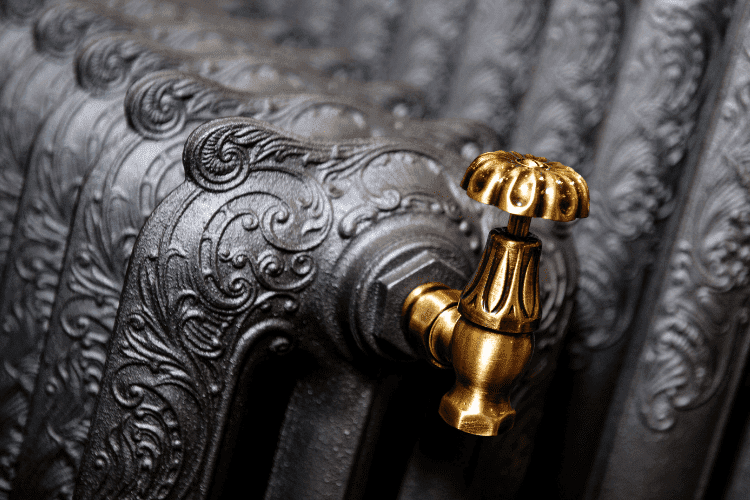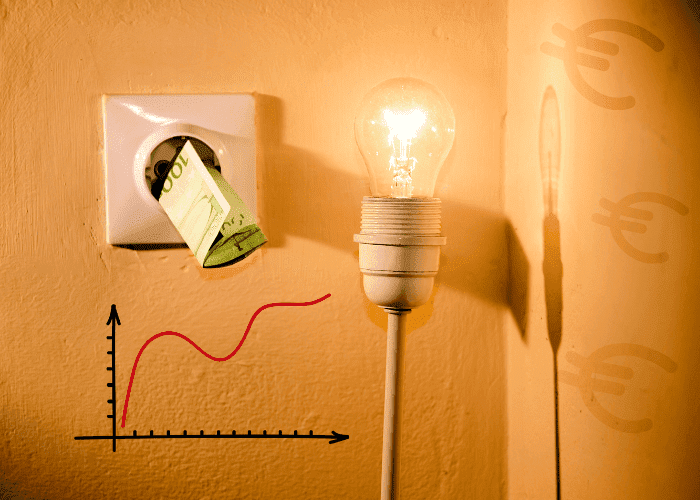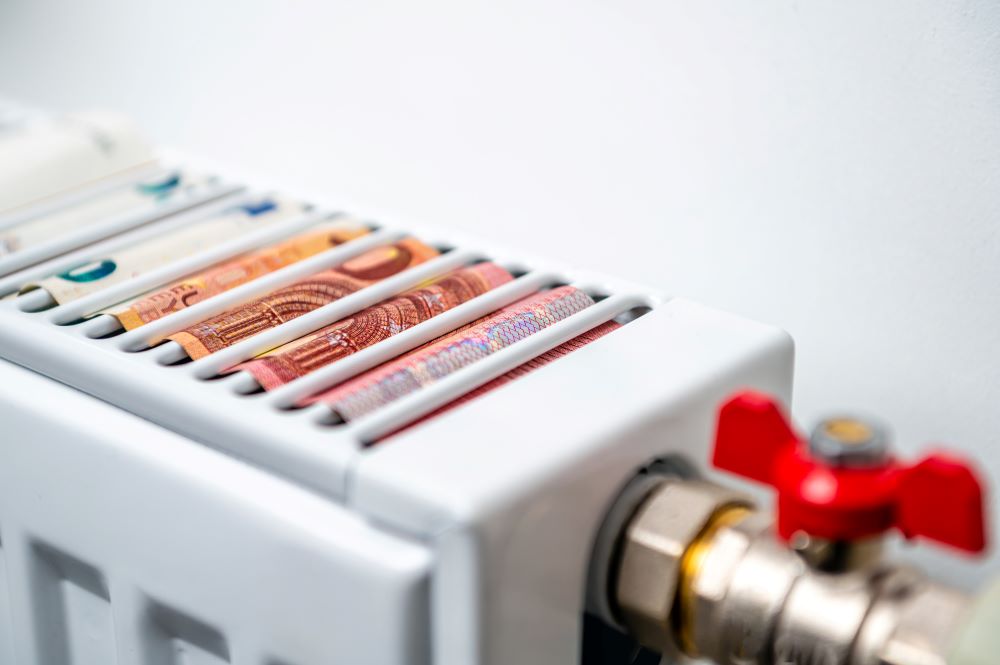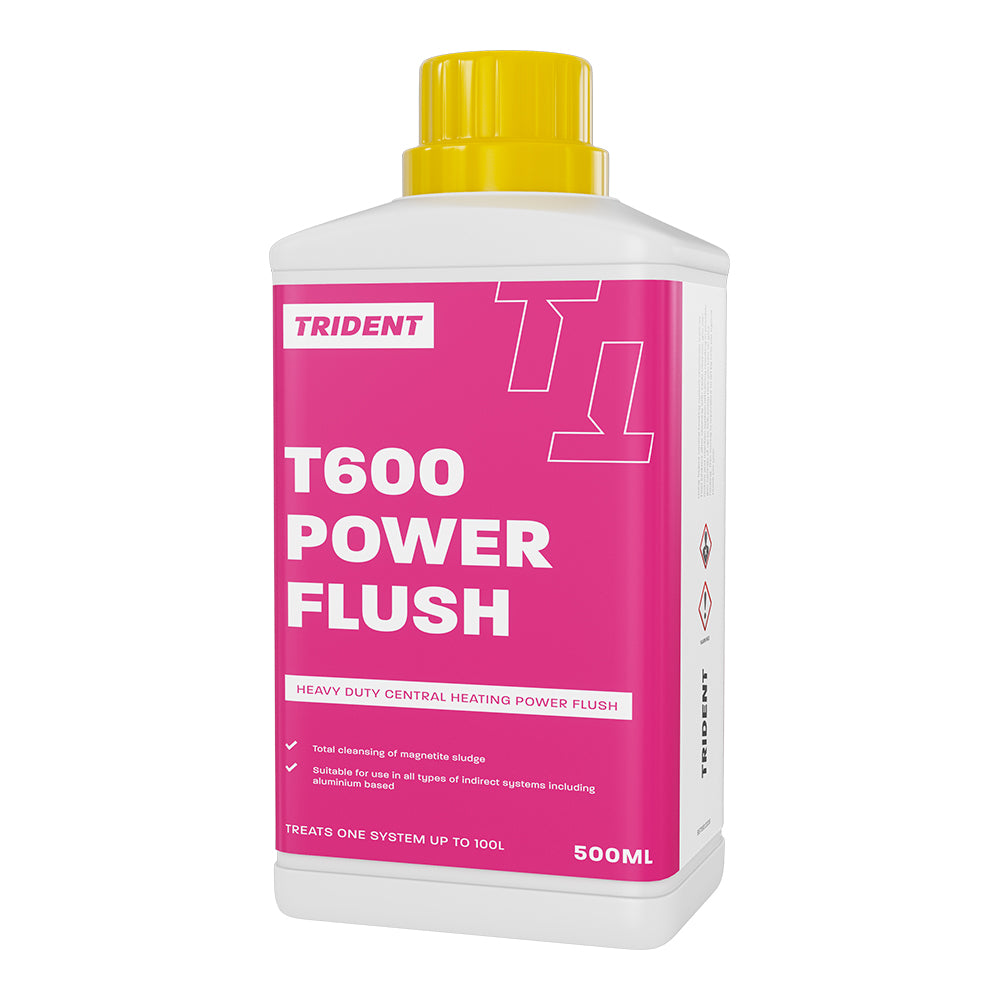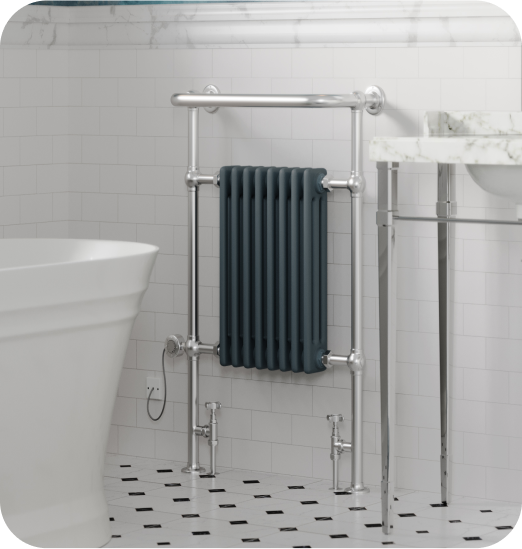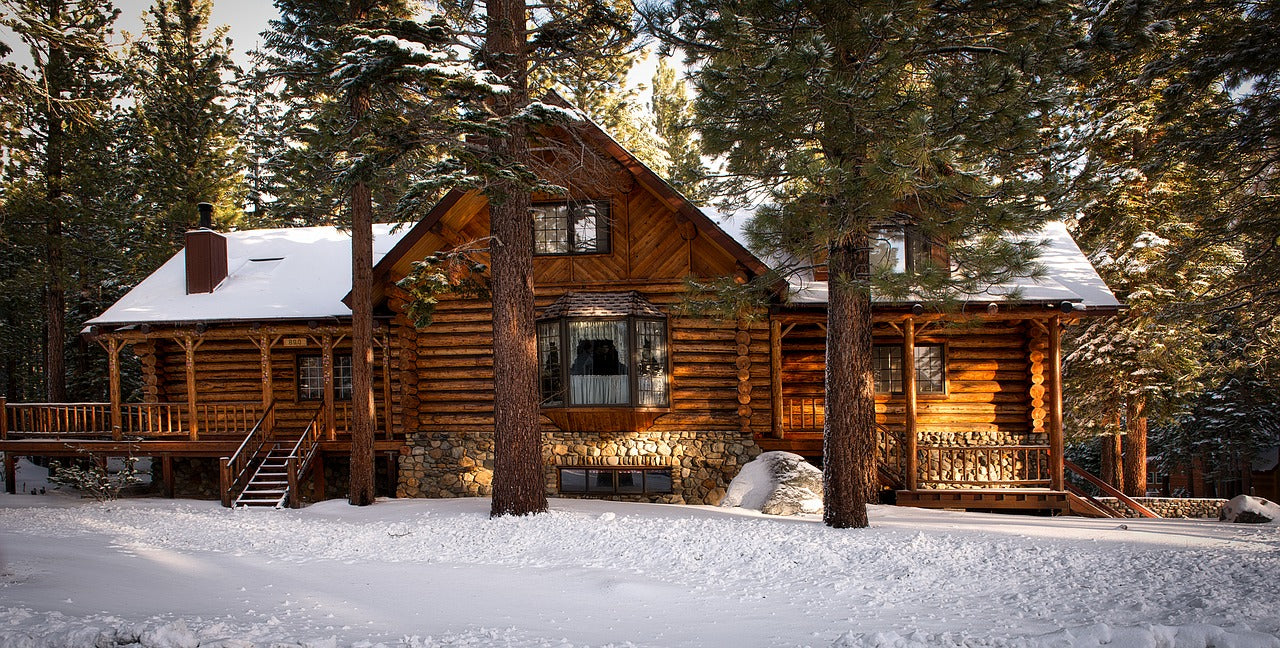
Checking Your Central Heating Before Winter: Everything You Need To Know
The winter months are an exciting time with plenty of events to look forward to. Whether it’s Christmas or New Year’s - winter is the season of festivities.
It’s also when the temperature drops. Whilst this can provide a great excuse to get cosy with a hot chocolate on the sofa - it can be made much more difficult without a functioning central heating system to keep you warm.
But how do you ensure your central heating is in tip-top shape?
Thankfully, this season, UK Radiators is here to help. In our latest blog, we’ll discuss everything you need to know about checking your central heating system, as well as discussing why it’s important to do so before winter.
What is a central heating check?
A central heating check is an in-depth look into your heating system to confirm whether it’s working as it should. It might sound complicated, but you don’t need the guidance of a professional to do a central heating check at home - you can do it yourself.
How to check your central heating
There are three steps you should follow when checking your central heating is working efficiently. These include:
1. Turn on your central heating
The first step you must take when checking your central heating system is to turn it on for a few hours. This will give the system a chance to operate at its fullest before you identify if there are any faults. Make sure you have your boiler set correctly, and all your thermostats are at maximum.
2. Ensure all your radiators are on
Next, when you first turn your central heating system on, ensure that all your radiators are turned on and up. For radiators that have thermostatic valves with numbers, these should be turned up to the highest setting. For radiators that have valves without numbers, ensure the valve is open.
3. Check your radiators
After you’ve waited a few hours to ensure your heating is given the time to warm your whole house, it’s time to check your radiators. Ensure you check the top and bottom to ensure that the radiator has no cold spots - if it does, you might need to bleed your radiators ahead of the colder months. If they are not heating up then, it may be ideal to hire an expert and get your system running and ready in advance.
Why is it important to check your central heating before winter?
There are several reasons why it’s important to check your central heating before winter. For example:
Avoid emergency expenses
One of the main reasons why it’s important to check your central heating before the winter is that it prevents faults from happening when the weather is at its coldest. What’s more, boiler services can also charge more for emergency fees when it comes to last-minute calls. So, you’ll likely save time and money just by being prepared.
Easier to hire a plumber
From the end of November onwards, plumbers are likely to be more in demand. And, with demand, comes more expensive services. If you have an emergency and need a plumber, they can charge you emergency fees for a last-minute call - meaning you’ll pay more than you usually would, had you checked earlier that your heating system was up to scratch.
Replacing a radiator is less of a chore
Replacing your radiator before the cold season hits will also be a much more simple process. Usually, there is more stock available as suppliers and retailers prepare for the winter months; so you’ll have a variety of options, styles, and colours to choose from. Hiring a plumber to install your new radiator will also likely be cheaper due to, as mentioned previously, increased availability in their quieter months.
Central heating systems: FAQs
What’s the best temperature to set your central heating system to?
It’s best to keep your heating set somewhere between 18 and 20 degrees. It’s a happy medium that will keep all the guests in your house happy. But remember, the lower the temperature of your heating, the lower your energy bills.
Note: It’s important if any of the below apply to you or your family you should seek advice from a healthcare professional as opposed to following our general guidelines (or any other guidelines found online from non-healthcare professionals) as the temperature of your home can play a big role in your health and wellbeing.
- There is someone in the home aged 65 and older
- You have babies, toddlers, young children or are pregnant
- There is someone in your home with a health condition
- There is someone in the home with a disability
- There is someone in your home with a mental health condition
How many hours a day should central heating be on in the UK?
How many hours a day your central heating should be on depends on the time of year. During the winter months, central heating should be on for about 7-9 hours a day. But, this will vary depending on your household and other factors such as insulation quality, or personal preferences.
Keep Your Radiators Running Like New With UK Radiators
Checking your central heating before winter can help you prevent issues occurring with your radiators in the colder months when keeping warm is a must. But, sometimes, these problems aren’t a simple fix - and you might need to replace your radiator.
If so, UK Radiators has an abundance of radiators in a variety of styles and colours, so you’re bound to find the right one for your home.
It’s our mission to help you get the best from your household heating systems. To get in touch with our friendly team, give us a call on 0333 006 8227, or send your enquiry to sales@ukradiators.com.
















